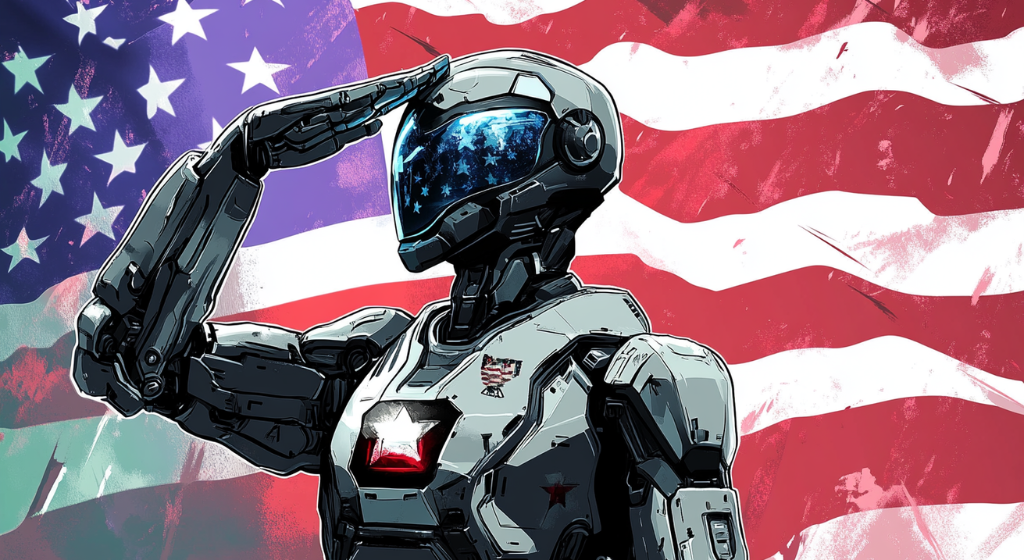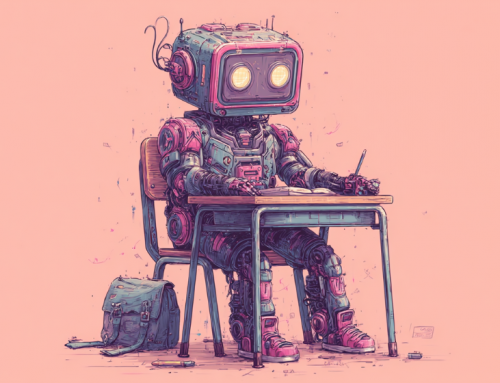
Leading AI developers are partnering with the U.S. military to enhance defense strategies through generative AI, focusing on efficiency and planning while ensuring human oversight to maintain ethical accountability. (Source: Image by RR)
AI Applications in Defense Focus on Efficiency, Not Autonomy in Life-and-Death Decisions
Leading AI developers like OpenAI, Anthropic, and Meta are navigating the complex task of partnering with the U.S. military, aiming to enhance defense operations without enabling AI to autonomously make life-and-death decisions. Currently, generative AI tools are used to streamline processes like threat identification, tracking and strategy development, particularly within the military’s “kill chain” framework. Despite these advancements, ethical considerations remain central, with developers and the Pentagon ensuring humans remain involved in any decisions to employ force, underscoring the importance of reliability and ethics in defense AI applications.
In recent years, AI firms have relaxed some policies to allow their tools to assist in non-lethal military functions, fostering collaborations with major defense contractors. For example, Meta partnered with Lockheed Martin, Anthropic teamed with Palantir, and OpenAI struck a deal with Anduril. These partnerships aim to leverage AI’s capabilities in creative problem-solving, planning and scenario analysis, offering commanders diverse options in high-pressure environments. As noted in techcrunch.com, these uses raise questions about whether deploying AI in such roles aligns with the ethical guidelines of its developers, some of whom explicitly prohibit using their systems to harm humans.
The debate over autonomous AI weaponry and its ethical implications continues, with critics arguing that existing autonomous weapons systems, such as the CIWS turret, already blur the lines of human involvement. Pentagon officials, however, maintain that all military AI applications include human oversight and emphasize human-machine collaboration over full autonomy. This approach challenges misconceptions of fully autonomous systems and underscores the military’s commitment to balancing technology with ethical accountability.
Amid these developments, tensions persist between military applications of AI and the values of the tech industry. While some employees have protested their companies’ military contracts in the past, reactions from the AI community have been more muted, with many acknowledging the inevitability of AI’s role in defense. Advocates argue that engagement with the military is necessary to mitigate risks and ensure responsible AI use, stressing that excluding governments from using AI is neither realistic nor productive for global safety.
read more at techcrunch.com







Leave A Comment